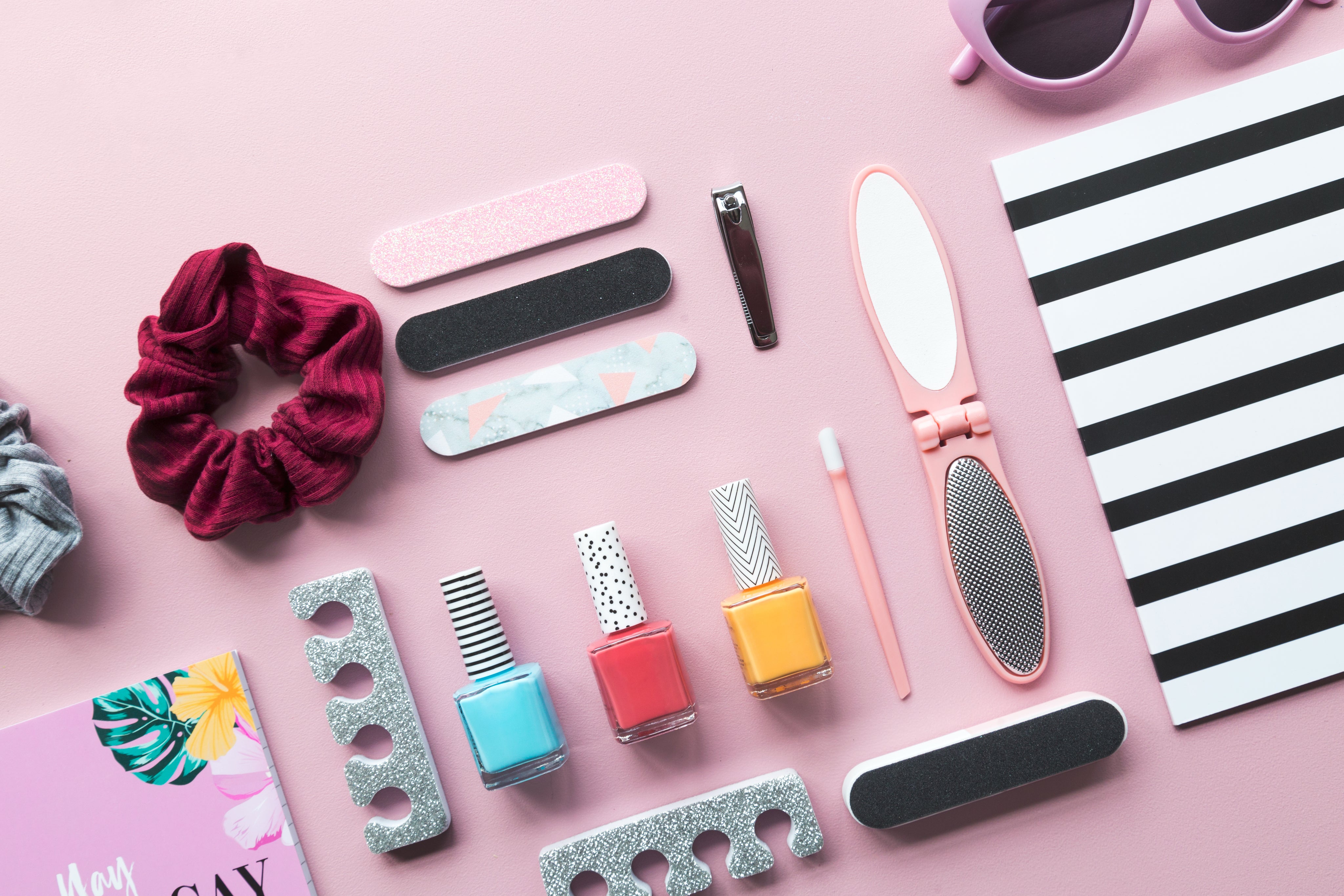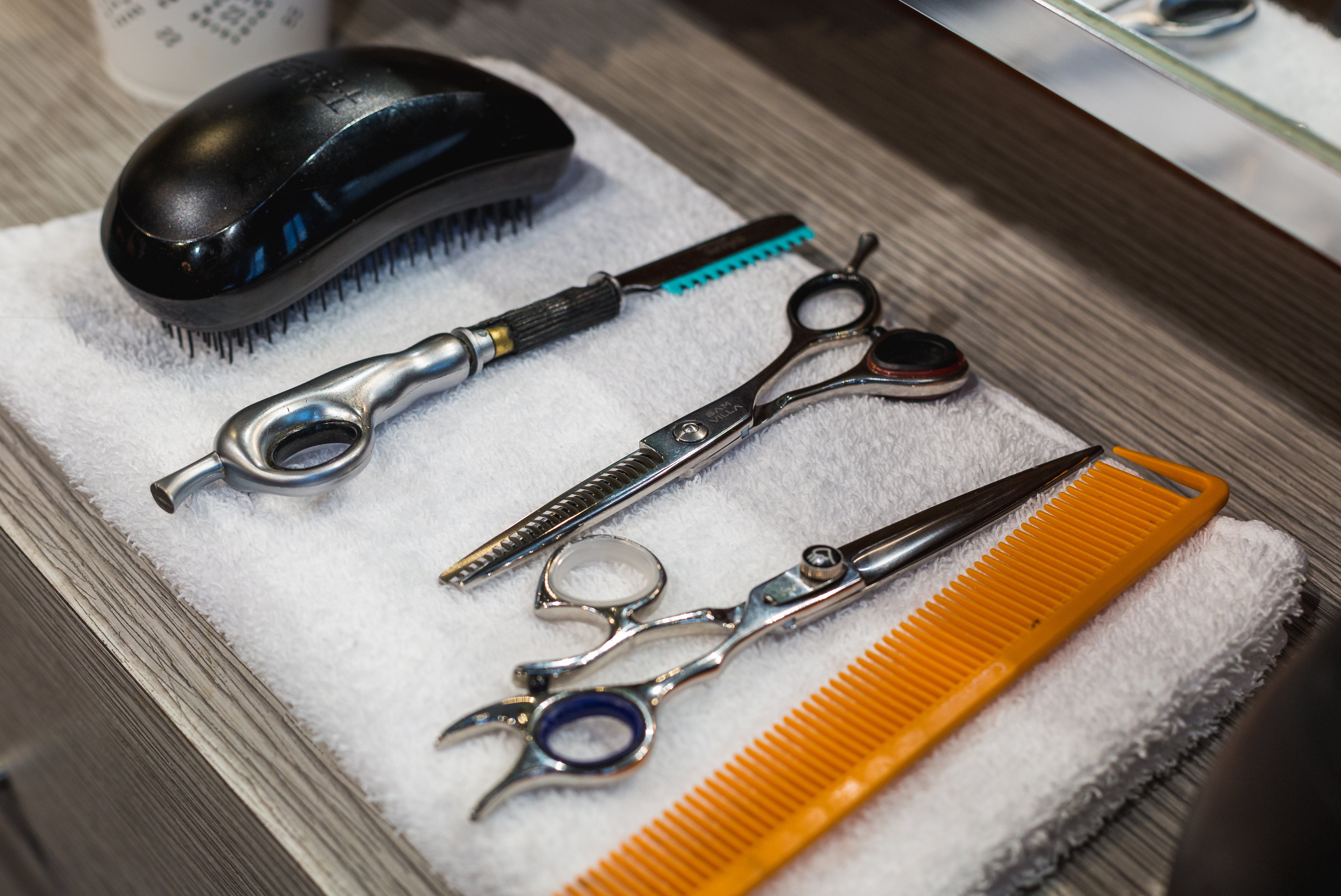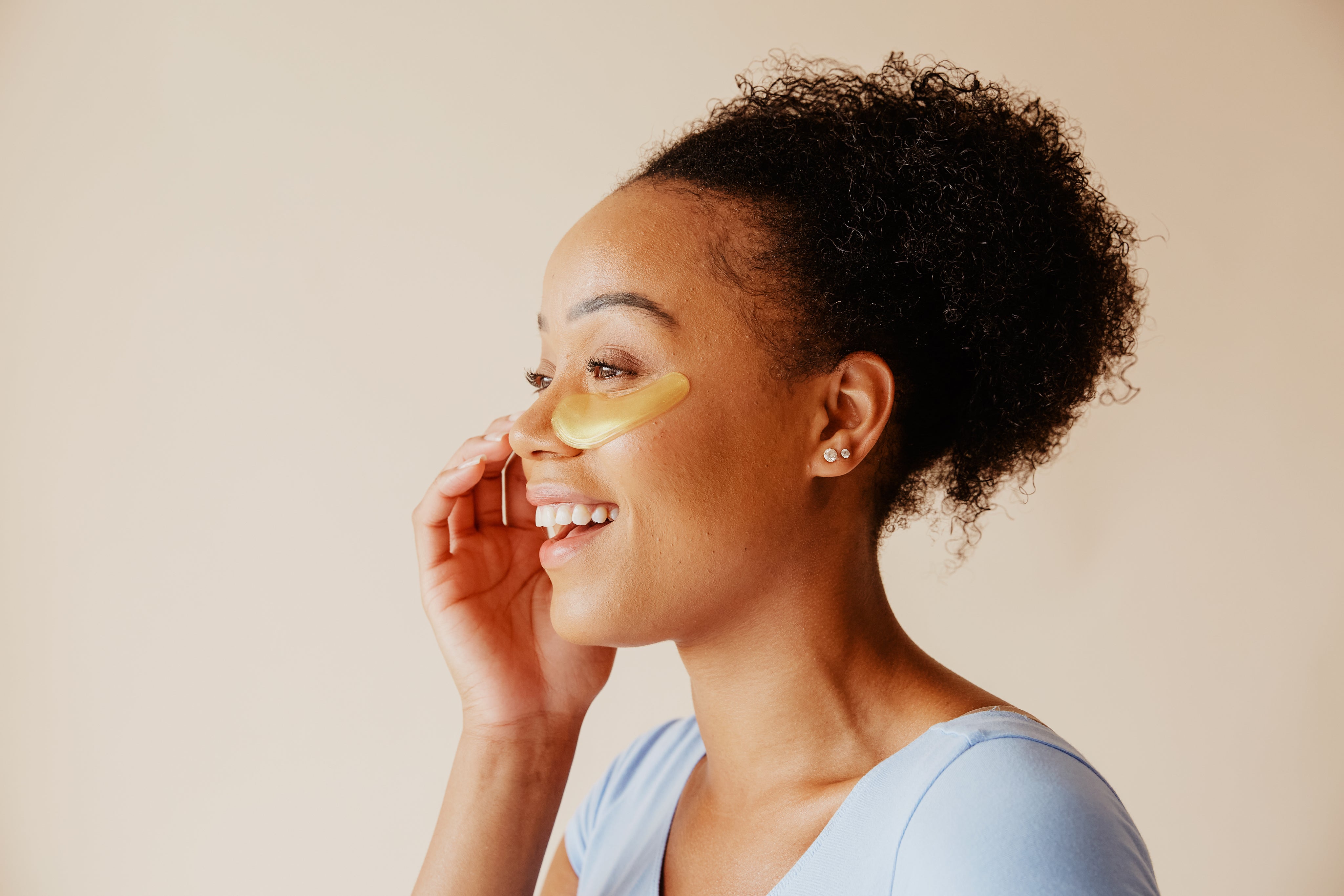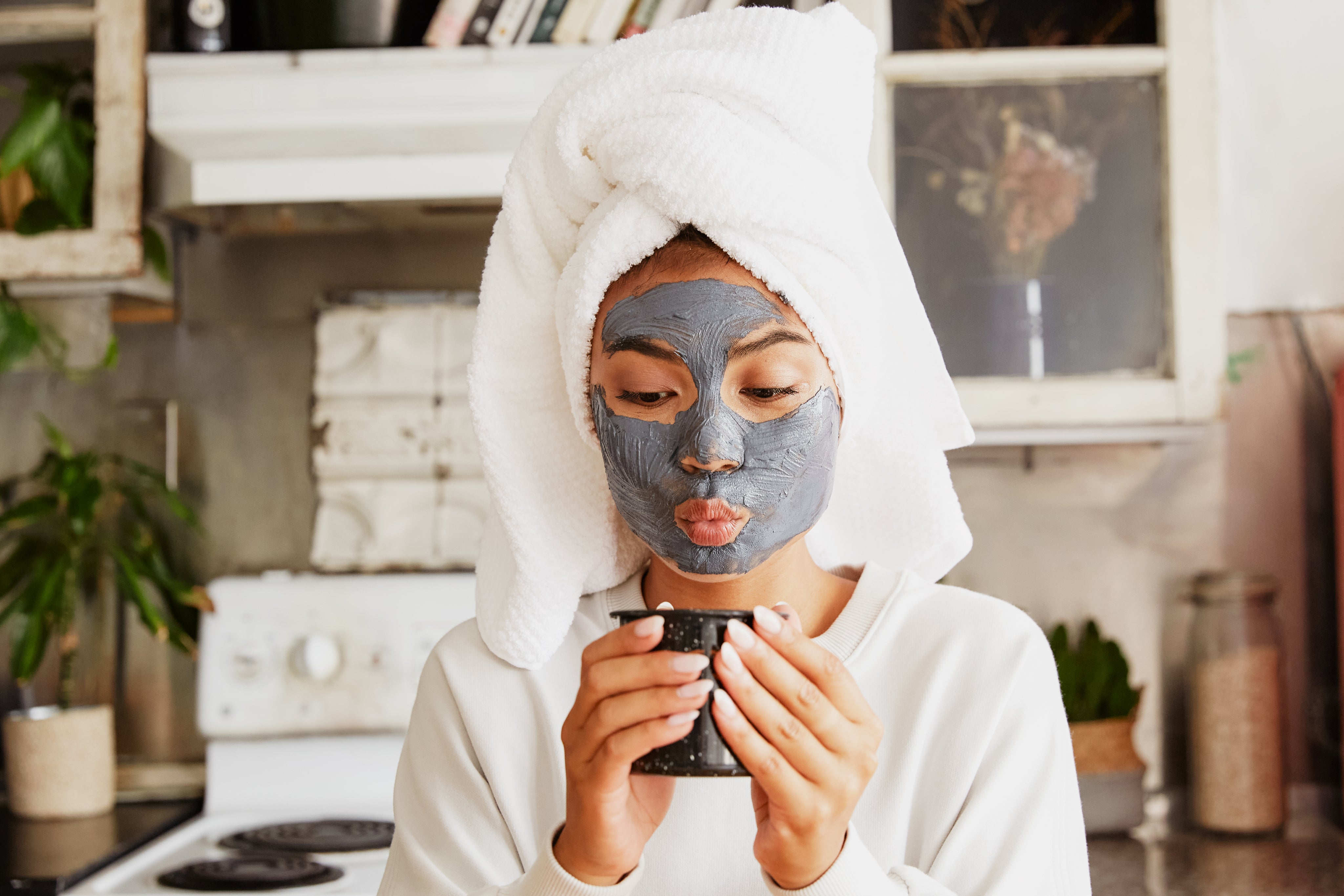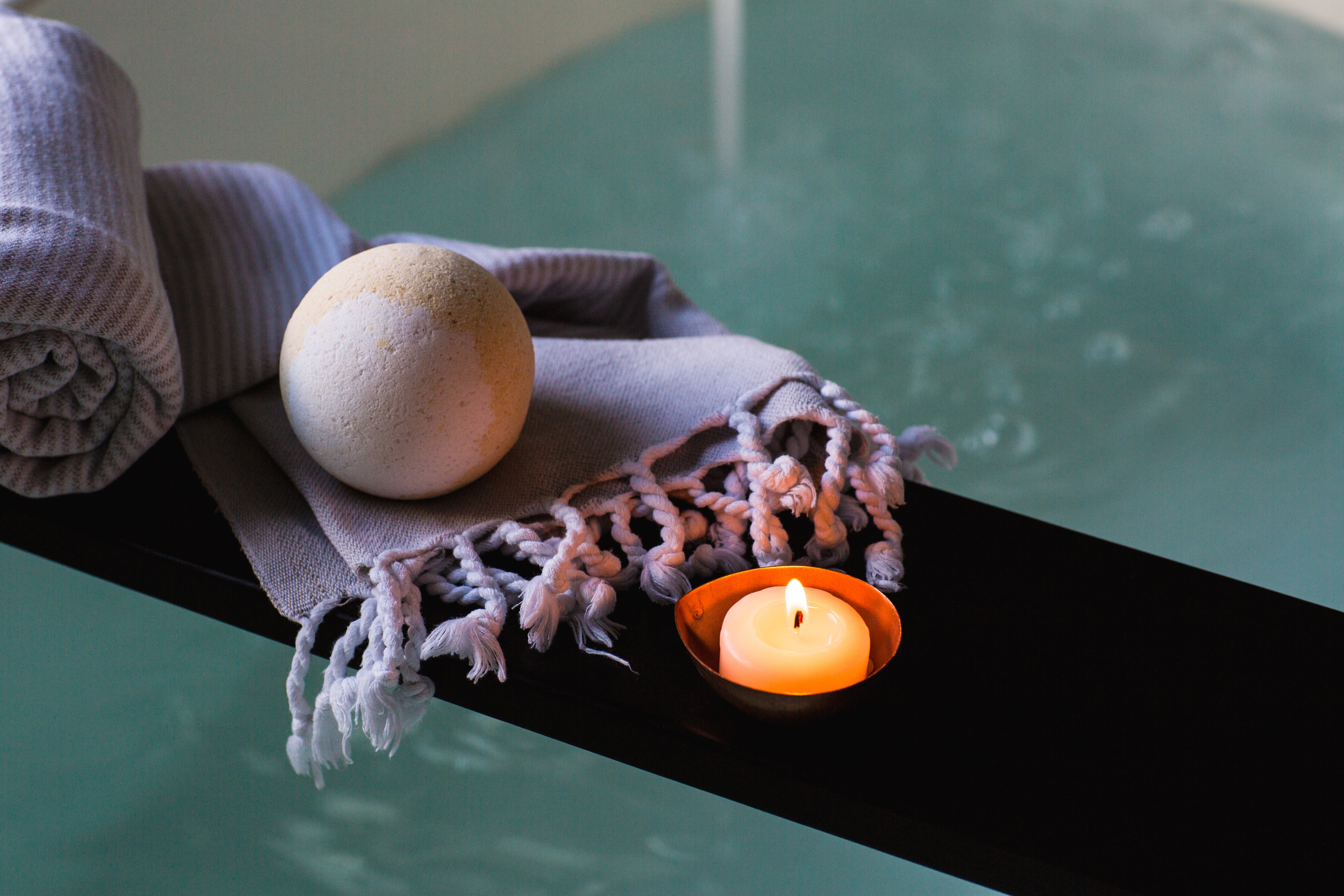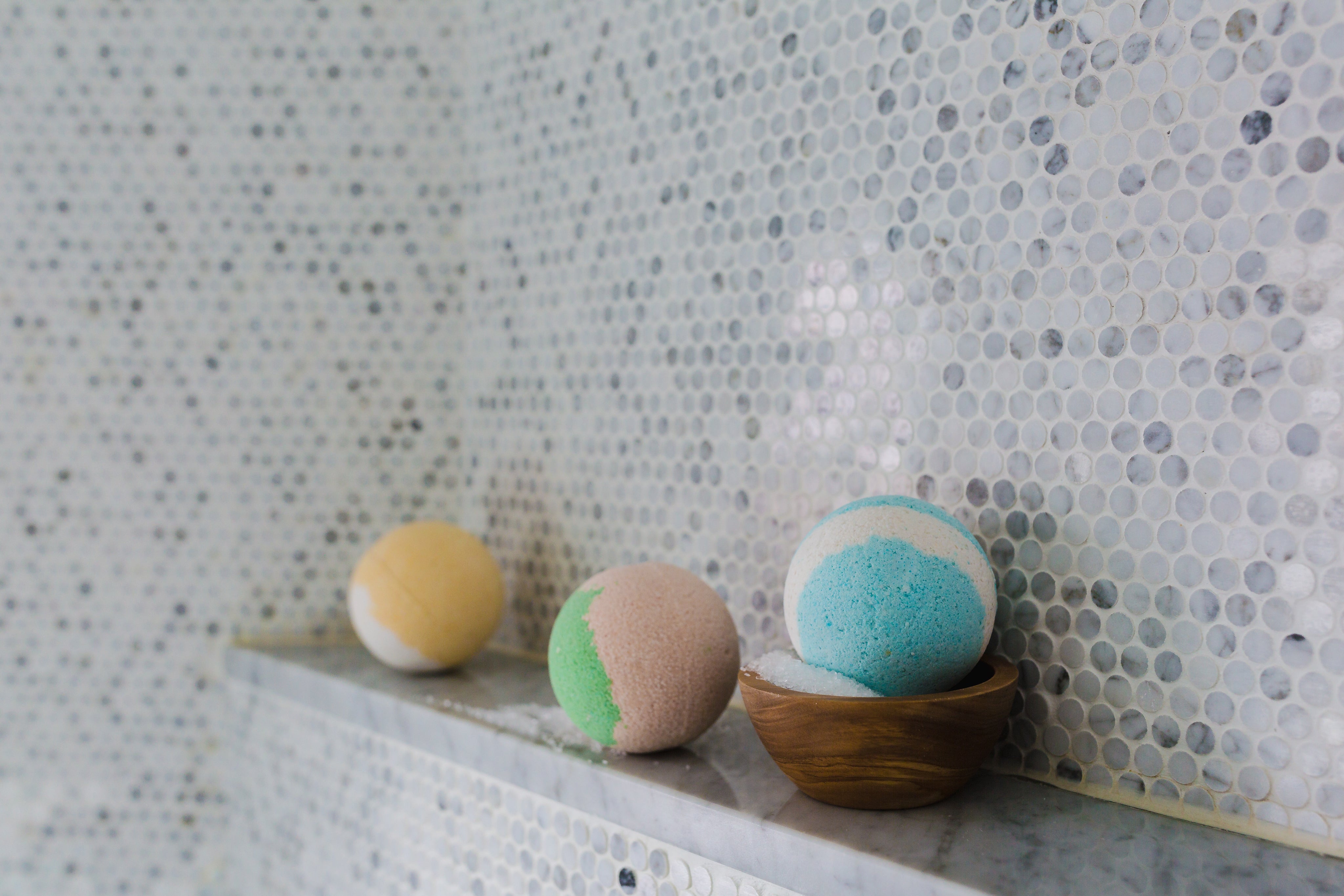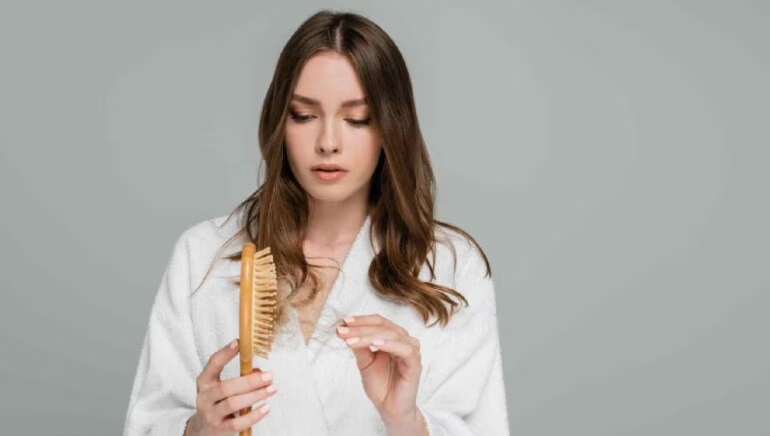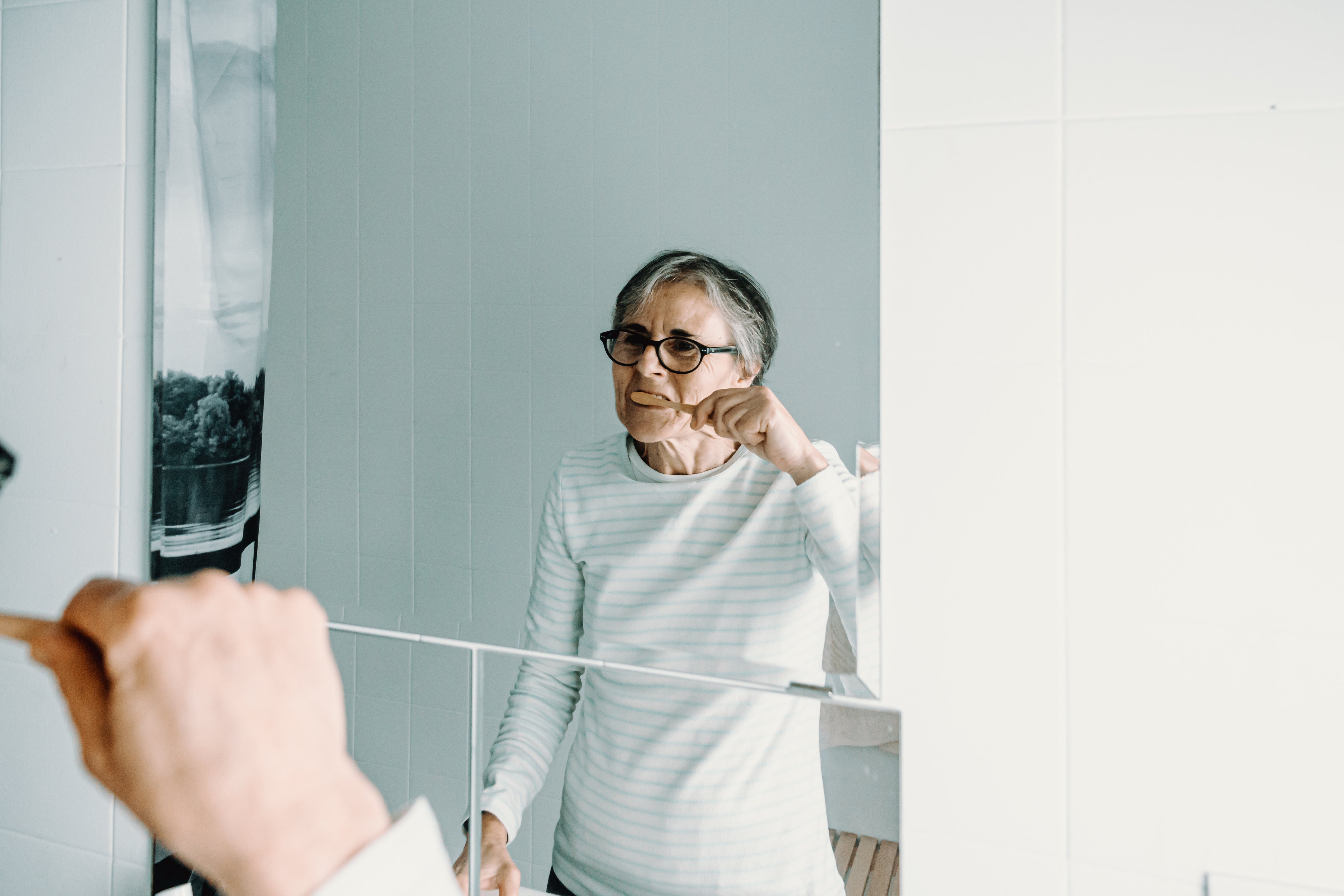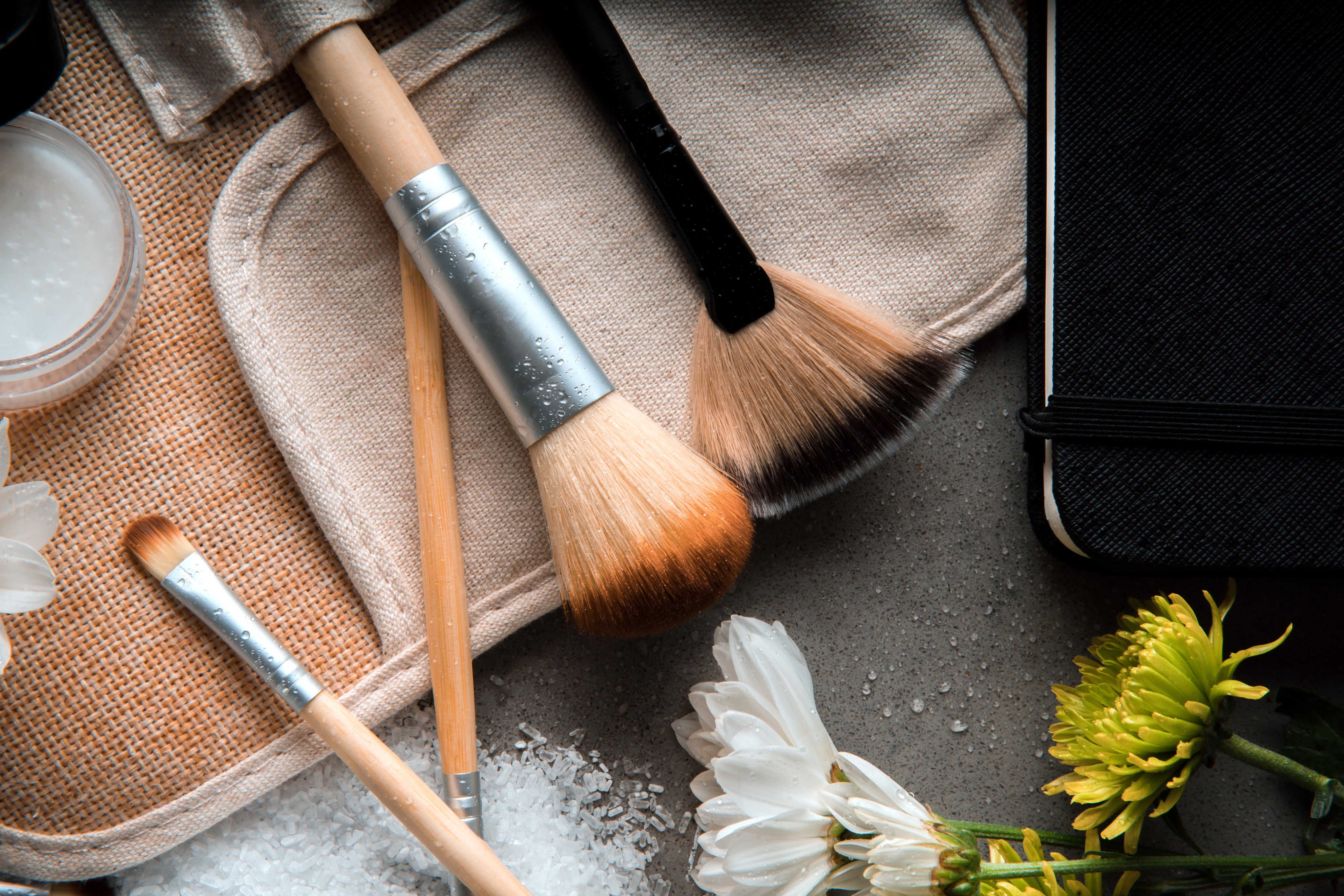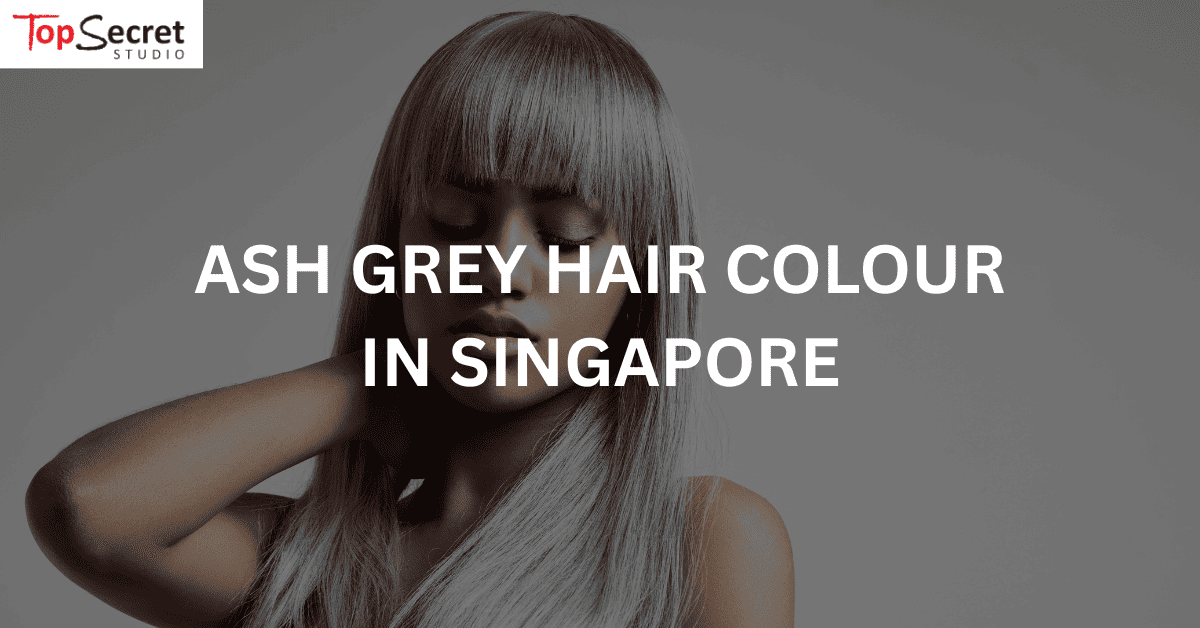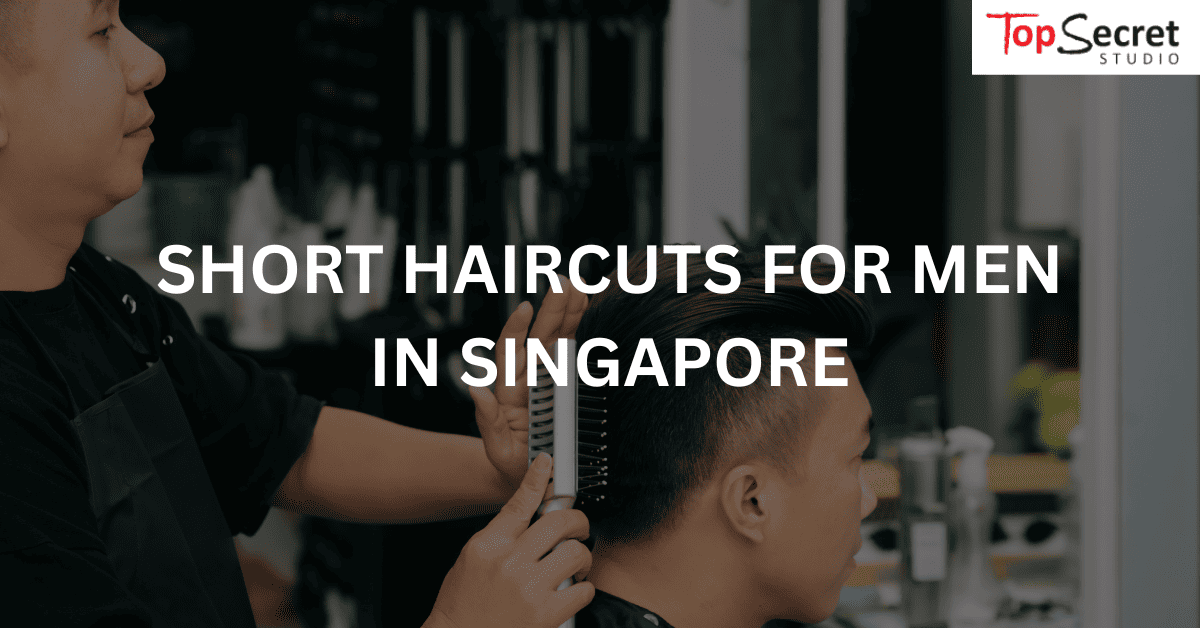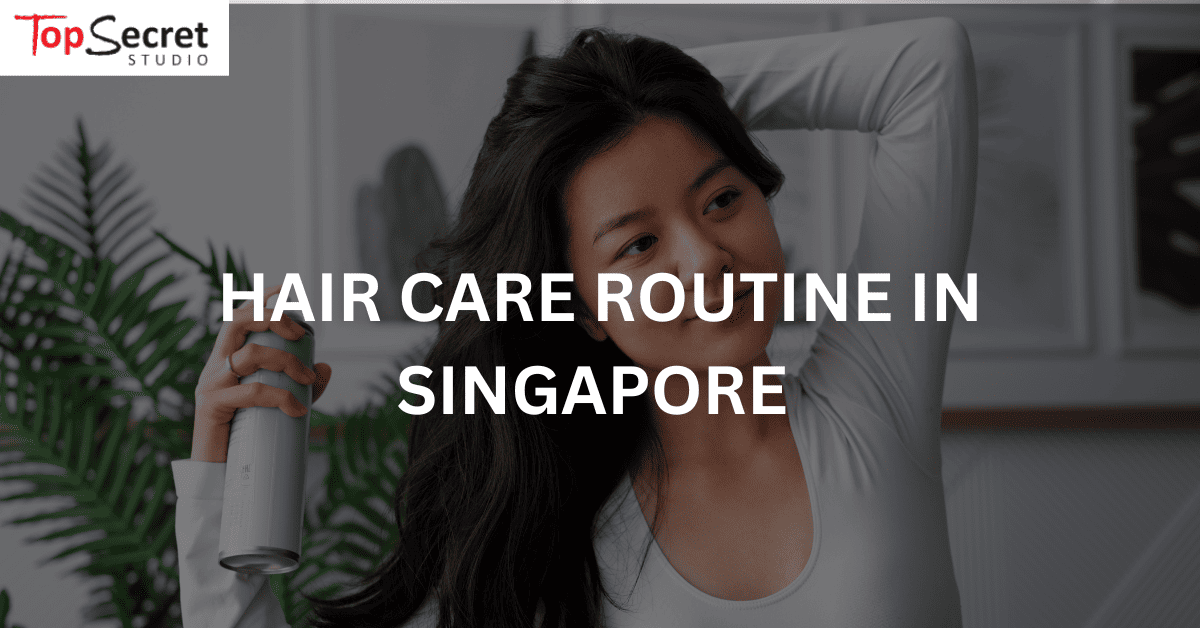
Best Hair Care Routine in Singapore (2025): Easy & Effective
The best hair care routine in Singapore starts with choosing products that match your hair type and the local climate.
If your hair constantly feels frizzy, flat, or greasy no matter what you try, welcome to the club. Between humid mornings, air-conditioned offices, and hard water, most routines that work elsewhere fall short here.
As of 2025, more Singaporeans are embracing scalp-first care, gentle layering, and smart shampoo rotation to fight hair fall, buildup, and oil imbalance.
This guide breaks down a daily and weekly hair care routine tailored for this rice cooker of a weather, along with product tips for bleached, curly, or thinning hair.
How Singapore’s Weather Affects Your Hair
Tropical humidity and water quality can make even healthy hair feel greasy, limp, or brittle. If you ever walk out of the office and instantly feel like entering a sauna, that’s normal.
Here’s how local climate triggers common hair issues:
|
Local Factor |
Impact on Hair |
|
High Humidity |
Causes frizz, curl disruption, and scalp sweat buildup |
|
Air-Conditioning |
Dries out ends and irritates sensitive scalps |
|
Hard Water Minerals |
Leaves residue, dulls hair, and worsens product buildup |
|
Frequent Rain |
Leads to limp roots, scalp odour, and extra styling stress |
If your routine doesn’t account for these factors, you may be using the right products, but in the wrong way.
Your Daily Hair Care Routine (Step-by-Step)
Step 1: Start With a Scalp Serum (If Needed)
Caring for your scalp first helps prevent itch, oil buildup, and blocked follicles.
In humid climates, sweat and heat can lead to clogged pores, especially if you wear helmets, headscarves, or work outdoors. A lightweight serum used before or after washing can help balance oil and prep your scalp for better absorption.
Apply on dry scalp before shampooing, or after towel-drying as a leave-on.
Step 2: Use a Shampoo Based on Scalp Type
Your shampoo should treat your scalp condition, not just clean your hair.
For oily or itchy scalps, choose a mild clarifying shampoo to remove buildup without over-drying. If you have a dry or sensitive scalp, opt for soothing, moisture-retaining formulas.
Avoid shampooing every day unless needed, 2 to 4 times a week is typically enough. Rinse thoroughly to prevent residue, especially near the crown and hairline.
Step 3: Apply Conditioner or a Lightweight Mask
Condition only where needed, your ends, not your roots.
Daily conditioning helps detangle and soften your hair, but too much near the scalp can weigh it down. Use mid-length to end only. In place of a regular conditioner, you can rotate in a lightweight mask once or twice a week for extra nourishment.
Let it sit for 2–3 minutes and rinse with cool water to lock in moisture.
Step 4: Finish With Leave-In or Heat Protection
Leave-in products guard your hair from frizz, UV damage, and styling heat.
A small amount of leave-in conditioner, cream, or mist can tame flyaways and protect your hair during the day. If you blow-dry or use heat tools, always layer a heat protectant beforehand to avoid breakage.
Use sparingly near the roots to avoid oiliness.
Step 5: Style With Purpose, Not Habit
Choose styling methods that suit the weather, not just your usual routine.
In humid conditions, less is more. Air drying or diffusing on low heat keeps damage minimal. Instead of high-heat straighteners or curlers, go for low-hold styling creams or anti-frizz sprays.
Use a wide-tooth comb or a detangling brush to avoid tugging wet hair. Let your routine support your hair’s natural shape rather than fight it.
Weekly Treatments to Add to Your Routine
Once-a-week treatments keep your scalp and strands healthy long-term.
In Singapore’s changing humidity, regular exposure to sweat, pollution, and hard water can sabotage even the best daily routine. These weekly add-ons help restore balance, remove buildup, and repair damage.
Clarifying Shampoo or Scalp Scrub (1x week)
Removes residue, excess oil, and environmental toxins that your daily shampoo can’t.
A clarifying wash or gentle exfoliating scrub once a week helps reset your scalp. This is especially useful if you use styling products, have oily roots, or experience dullness due to mineral deposits.
For sensitive scalps, opt for fragrance-free or low-foam versions. Use before your regular shampoo or swap it weekly as a reset.
Deep Conditioner or Hair Mask (1–2x week)
Rehydrates hair and restores softness, especially after heat or sun exposure.
A weekly mask provides deeper moisture than everyday conditioner, making it ideal for coloured, dry, or textured hair.
Focus application on mid-lengths to ends and leave it on for at least 5–10 minutes. Use a shower cap or warm towel to boost absorption if desired. Do this after swimming, sun exposure, or if your ends feel rough or brittle.
Bond-Building or Repair Serums (Weekly)
Strengthens hair from within, ideal for chemically treated or brittle hair.
If your hair has been bleached, coloured, or straightened, bond-repair treatments rebuild internal structure where conditioner can’t reach. Apply to damp, towel-dried hair once a week and either leave it on before styling or overnight for intensive repair.
Consistency over time is key, these treatments work best when part of a long-term routine.
Hair Care Tips Based on Hair Type
Different hair types respond differently to humidity, heat, and water hardness. This cheat sheet helps you match your hair texture and condition with the right product types and routine tweaks.
Hair Type Comparison Table
|
Hair Type |
Best Shampoo Type |
Ideal Mask Frequency |
Styling Tip |
|
Oily / Fine |
Clarifying or scalp-balancing |
1x week (lightweight) |
Avoid leave-in oils near the scalp |
|
Dry / Frizzy |
Moisturising or sulphate-free |
2x week (hydrating) |
Use anti-humidity serums or creams |
|
Coloured / Bleached |
Repairing / bond-building |
2x week (intensive) |
Always use UV and heat protection |
|
Curly / Wavy |
Curl-enhancing, low-sulfate |
1–2x week (moisturising) |
Scrunch in cream or gel when damp |
|
Sensitive Scalp |
Fragrance-free / hypoallergenic |
1x week (gentle) |
Use leave-on scalp mists, not oils |
“Your scalp and hair may not fit neatly into one box. Mix and rotate products to target both scalp health and hair texture.” - REDS Hair salon JB
Styling Tips by Hair Type
Oily / Fine Hair
Avoid heavy leave-in oils near the scalp. Use volumising sprays or dry shampoos sparingly to keep bounce without buildup.
Dry / Frizzy Hair
Tame puffiness with anti-humidity serums. Apply after towel-drying and before styling to reduce flyaways in damp conditions.
Coloured / Bleached Hair
Always apply UV and heat protection. Limit flat iron use, and refresh colour vibrancy with tinted masks every few weeks.
Curly / Wavy Hair
Apply curl creams or gels on damp hair and scrunch upward. Air-dry or diffuse on low heat for best shape retention.
Sensitive Scalp
Opt for fragrance-free mists or serums post-wash. Avoid thick oils and alcohol-heavy sprays that may trigger irritation.
Start Your Hair Care Routine Today with Top Secret
Different hair types call for different hair routines.
At Top Secret, we believe the right hair care starts with understanding your scalp type, layering products properly, and adjusting for heat, humidity, and lifestyle.
It sounds complicated but really, all you need to do is stick to a routine, and the steps come naturally. Whether you need oil control, moisture, or post-bleach repair, we got everything you need to build a routine that works.
Need help figuring out your routine? Explore our curated hair products or get in touch. We’re here to guide you step-by-step.
Frequently Asked Questions Hair Care Routine
What’s The Best Shampoo For Humid Weather In Singapore?
Look for clarifying or balancing shampoos that prevent scalp buildup, like rosemary or mint-based formulas.
How Often Should I Wash My Hair In Singapore?
2–4 times a week is ideal for most people. Daily washing may strip your scalp unless you're using very gentle formulas.
Can I Use Hair Masks Daily?
No. Use hair masks 1–2 times per week depending on hair type. Daily use can cause buildup or make hair limp.
Do I Need A Scalp Serum If I Already Use Shampoo?
Yes. Scalp serums target itch, oil imbalance, or flaking in ways shampoo alone can’t. They’re like skincare for your scalp.
What’s The Difference Between Conditioner And Leave-In?
Conditioner is rinsed off and softens hair during washing. Leave-in products protect hair post-wash and reduce frizz or damage.
How Long Before I See Results From A New Hair Care Routine?
It typically takes 2–4 weeks of consistent use to see changes, especially with scalp treatments or damage repair products.

